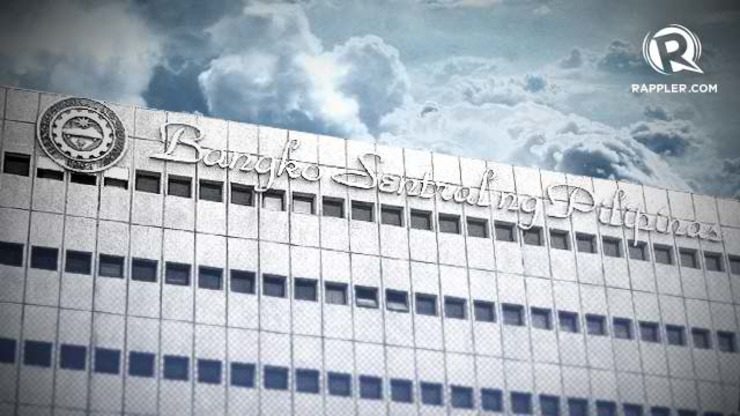SUMMARY
This is AI generated summarization, which may have errors. For context, always refer to the full article.

MANILA, Philippines – The Philippines is the top country in East and South Asia, and third in the world with the “most conducive environment for financial inclusion,” according to the Economist Intelligence Unit.
Based on EIU’s maiden edition of the “Global Microscope on the Enabling Environment for Financial Inclusion,” the Philippines, with a score of 79 out of 100, bested 11 other countries in Asia included in the report.
According to the Bangko Sentral ng Pilipinas (BSP), financial inclusion is a state where there is effective access to a wide range of financial services for all Filipinos.
Peru ranked the highest with a score of 87, followed by Colombia with 85.
From 2009 to 2013, the EIU Global Microscope focused on assessing the Microfinance Business Environment of countries. During those years, the Philippines was consistently ranked as having one of the best regulatory environments for microfinance.
In the 2014 Global Microscope, the EIU notes that results cannot be directly compared with past rankings due to substantial changes in the assessment methodology.
“Under any (methodological) framework, the Philippines will score well, because it benefits from having a highly capable regulator, optimal credit regulation, and effective dispute resolution,” the EIU said.
The Philippines received a score of 76 for 8 out of the 12 indicators.
The EIU cited BSP as “the first central bank in the world” to establish an office, the Inclusive Finance Advocacy Staff, dedicated to financial inclusion.
The EIU also recognized the leadership of Governor Amando M. Tetangco Jr as head of the BSP Inclusive Finance Steering Committee, in leading the crafting of a national strategy for financial inclusion.
The EIU assessed 55 countries around the world, using 12 indicators that measure:
- Government support for financial inclusion.
- Regulatory and supervisory capacity for financial inclusion
- Effectiveness of regulations to promote inclusive financial services like savings, credit, microinsurance, and electronic payments
- Ease of setting up branches and agents that provide financial services
- Existence of credit reporting systems
- Market conduct rules
- Grievance and dispute resolution mechanisms that protect financial consumers
Access to finance, though, is considered a major hurdle for micro, small, and medium enterprises (MSMEs). Thus, the expansion of non-bank financial institutions in the Philippines will be key in MSMEs once the country integrates with its Association of Southeast Asian Nations (ASEAN) neighbors in 2015.
Next year’s Asia-Pacific Economic Cooperation (APEC) Summit, hosted by the Philippines, will also focus on SMEs, which employ nearly all of Southeast Asia’s domestic workforce. – Rappler.com
Add a comment
How does this make you feel?
There are no comments yet. Add your comment to start the conversation.